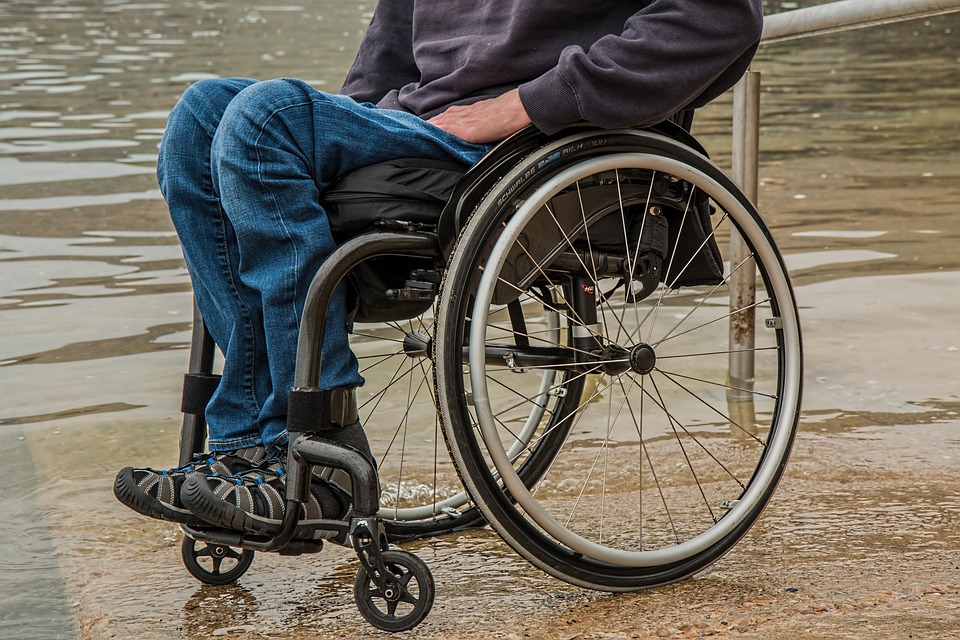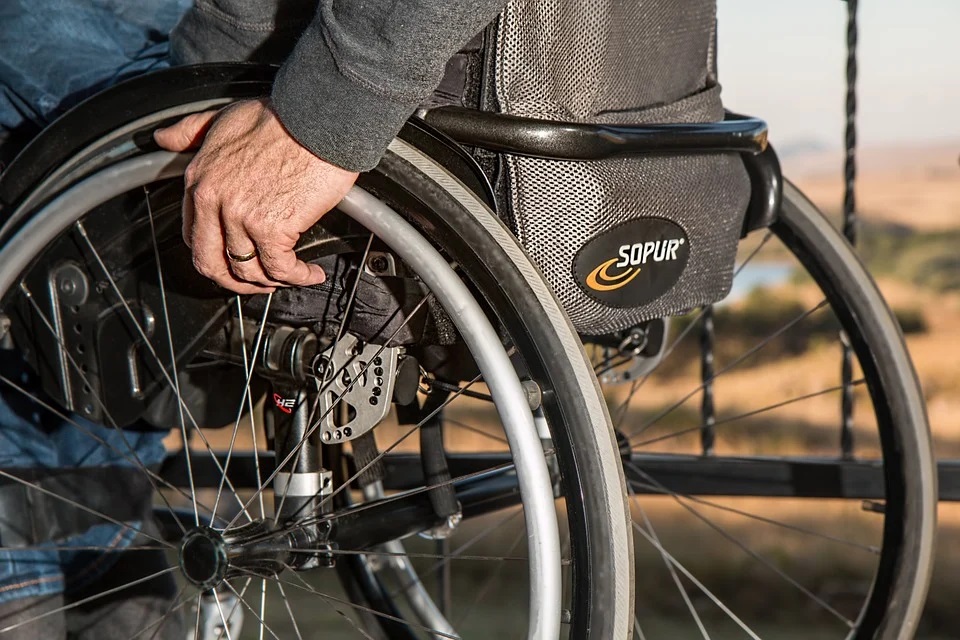If you are a disability applicant, then you should know that disability appeals can be difficult. There’s a lot of information out there about disability appeals and it can be hard to find what is true and what isn’t. This article compiled some tips for disability applicants to make your disability appeal process easier!
Know your rights
One of the primary things that you need to do to increase your chances of winning a disability appeal is to know your rights. A seasoned North Myrtle Beach social security disability lawyer suggests that disability applicants should be familiar with disability laws and know what to expect when it comes to disability appeals. It is also important you understand all of your rights in detail so that if something happens during the disability appeal process, then you will already know how best to handle it.
Know what disability means
Many people believe they are disabled even though their medical conditions do not meet the qualifications of disability under your local disability laws. Therefore, disability applicants must know what disability means and be able to qualify their medical conditions as disabilities based on criteria set out by Congress in Social Security Administration (SSA) regulations.
Be truthful about your condition
One of the most fundamental things you need to do to increase your chances of winning a disability appeal is to be truthful about your condition. If you lie on the disability application, then it will come back and haunt you during disability appeals.
Make sure that all medical records are up-to-date
It’s not enough for applicants to just include their medical records on disability applications. Seasoned lawyers say that disability applicants need to make sure they are up-to-date with their medical records because the SSA may request updated information during disability appeals, and if you don’t have it then this can hurt your chances of winning a disability appeal.
Build strong relationships with doctors
You should also try to build a strong relationship with your doctors because this can help disability appeal greatly. If you have good relationships with them then they are more likely to be cooperative during disability appeals and provide updated medical records when needed.
Be prepared for disability hearings
Expert lawyers suggest that applicants should make sure they’re fully aware of disability hearings and understand the process. This will not only increase your chances of winning a disability appeal but can also help you prepare for disability hearings so that you don’t need to go into them unprepared.
Do disability research
Finally, applicants should always do plenty of disability research before applying for benefits because this is how they learn about disability laws and disability appeals. This information will help disability applicants get an idea of what they can expect during the disability appeal process so that they are not caught off-guard when something unexpected happens.

Understand the process of filing a disability appeal
Make sure that you understand the disability appeal process. This may seem very simple, but many people file claims without knowing how the process works. If you do not have a good understanding of what to expect moving forward through your disability claim, you will be surprised when things take an unexpected turn or go wrong in some way during the processing period for disability benefits.
Survey the disability appeal process
The disability appeal process can be very complicated and confusing. A good place to start is by looking at your claim file, which will give you an idea of what has already been submitted and if there were any problems with those submissions. You may also want to look over the disability codebook for more information on exactly what will be required of you moving forward.
Develop disability appeal strategies
Many disability appeal tips can help your case move along faster and increase the chances for disability approval. These include, but are not limited to taking time off work to meet with doctors or attend hearings should they come up; keeping track of all medical records submitted; and ensuring that you have enough disability appeal proof to back up your claim.
It can be difficult to know what you should do when your disability is denied. Remember that not all disabilities are covered under Social Security law and it’s important to get help from someone who has experience with disability appeals if you’re unsure about how to proceed next. If you’re still uncertain about whether or not pursuing an appeal would be beneficial for you, feel free to contact a seasoned lawyer who will be able to help you address your disability claim issues.






